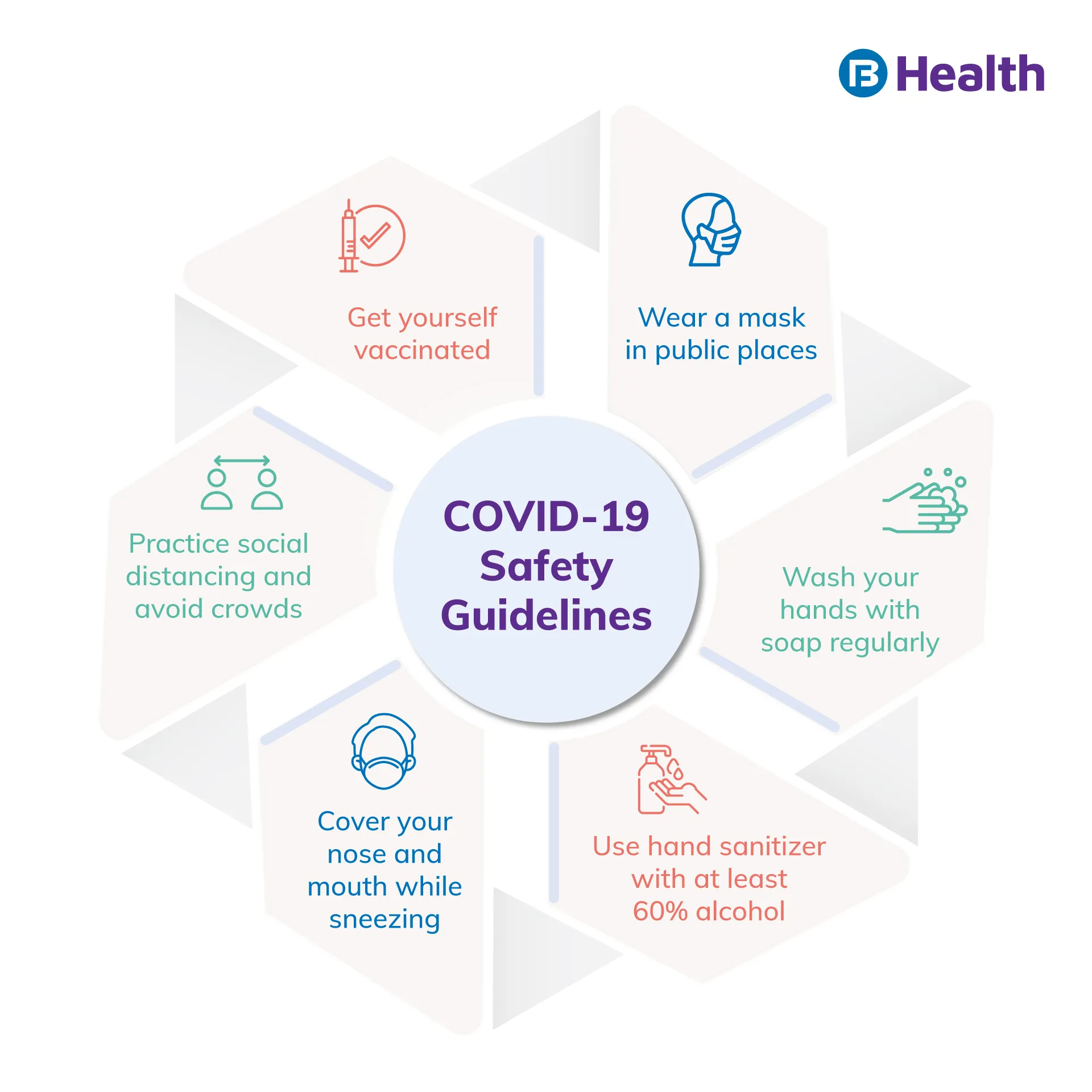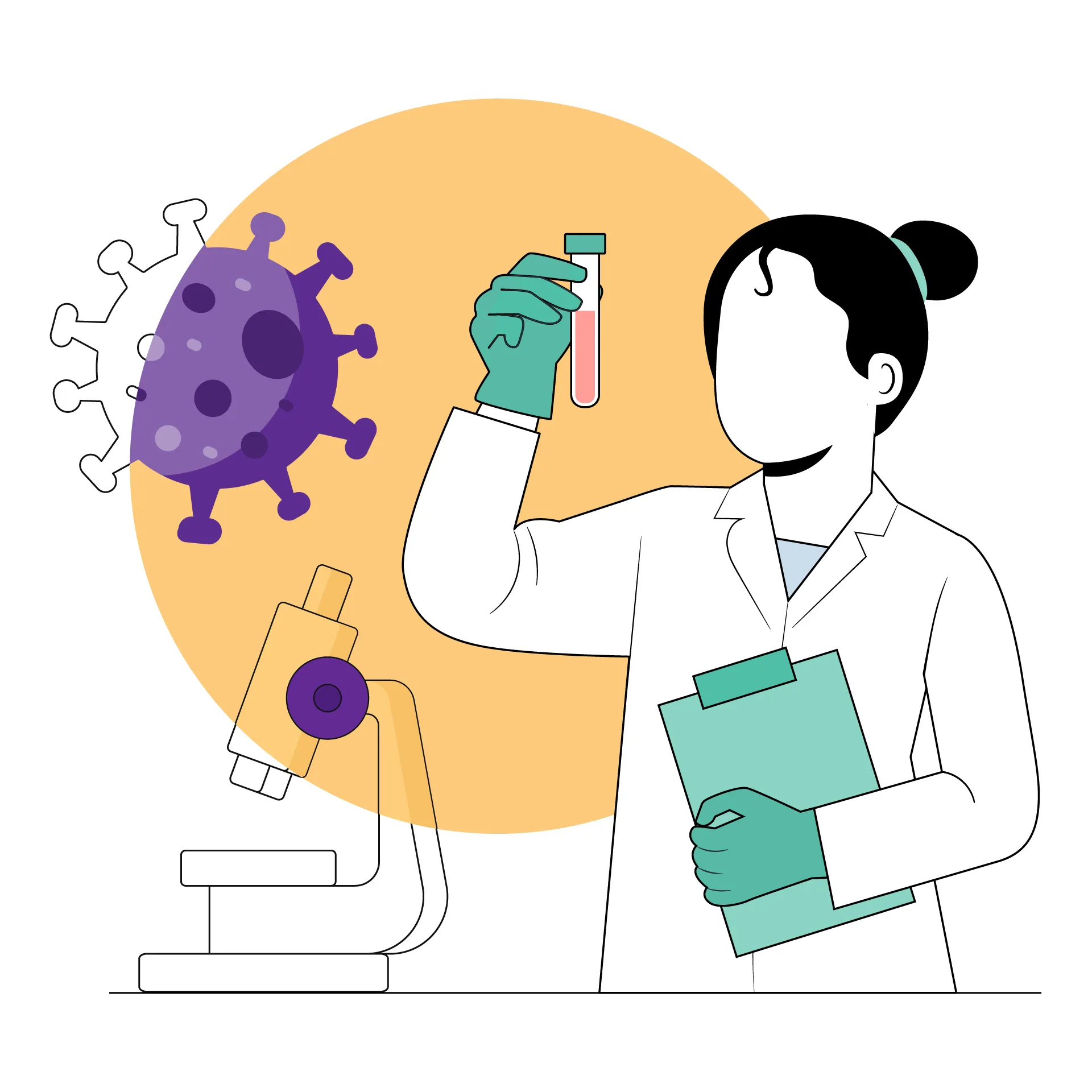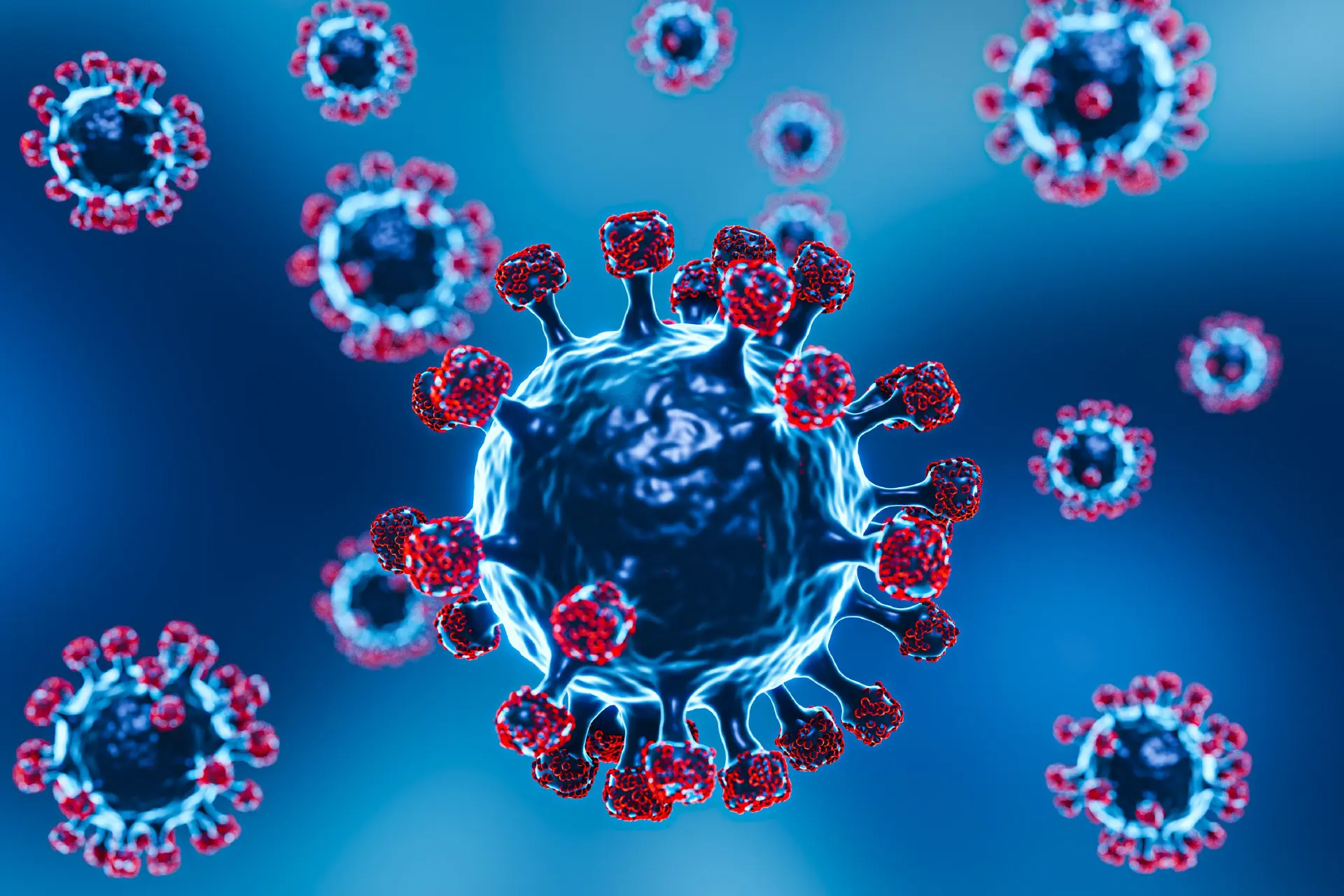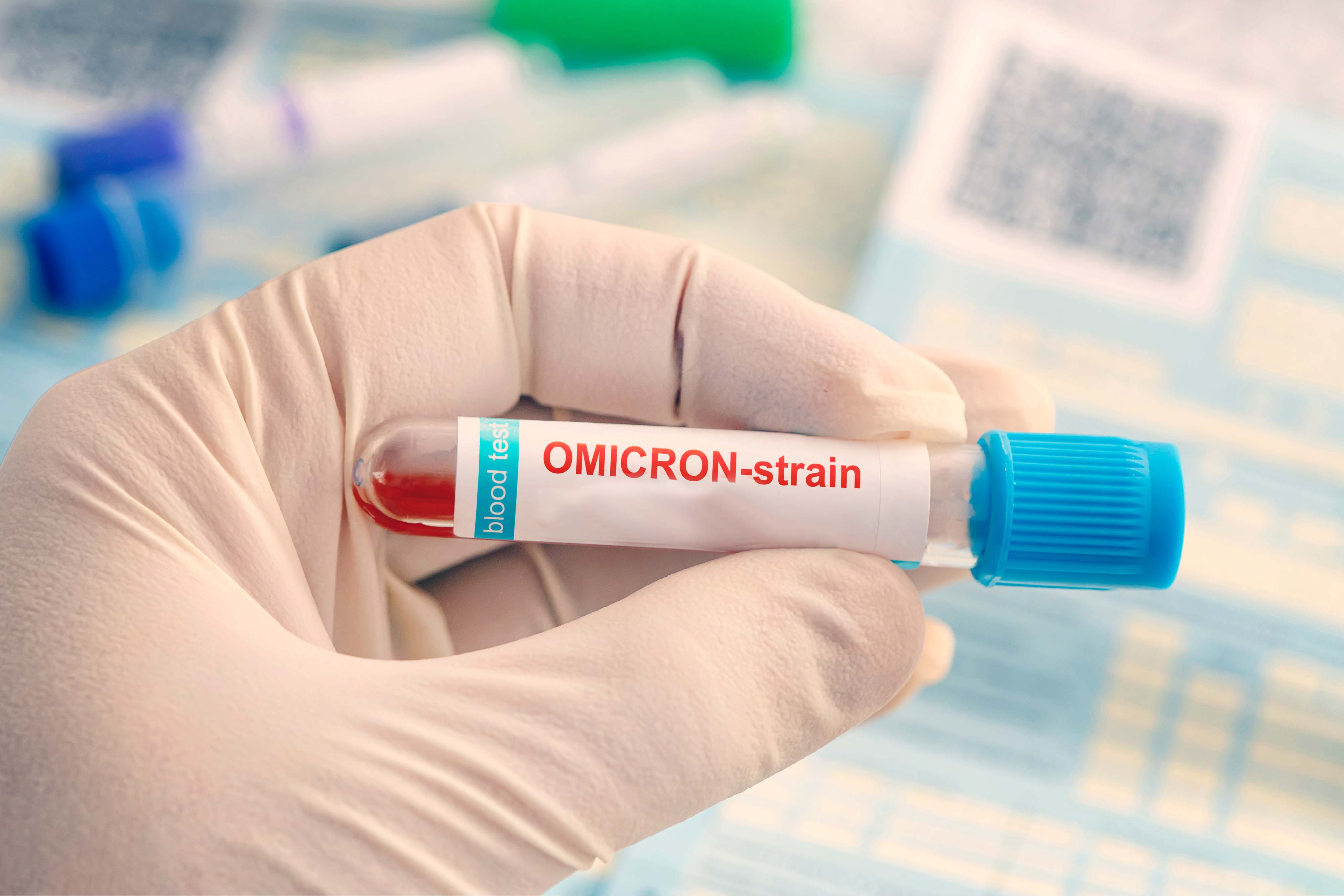Covid | 4 min read
Tuberculosis Test: Important COVID-19 Treatment Guidelines by the Centre!
Medically reviewed by
Table of Content
Key Takeaways
- The omicron virus is the latest variant of the novel coronavirus
- A tuberculosis test is done if a cough persists for more than 2-3 weeks
- Steroids increase the risk of secondary infections like black fungus
The omicron virus is the latest entry to the variants of COVID-19 [1]. In fact, all viruses including the SARS-CoV-2 change over time [2]. To protect citizens, governments across the world have mandated that everyone follow certain COVID-19 precautions. Getting the COVID vaccination shot is highly encouraged to curb the spread of the disease. The Central Government of India has recently issued guidelines that recommend a tuberculosis test if you still have a cough several weeks after first showing symptoms. Read on to find out more about the tuberculosis test and how it factors into a COVID treatment plan.
What are the COVID Treatment Guidelines set by the Union Ministry of Health and Family Welfare?
The Union Ministry of Health and Family Welfare has updated the COVID treatment guidelines. It has advised doctors to avoid prescribing steroids to COVID-19 patients. It also asked them to order a tuberculosis test for their patients with a persistent cough. It is recommended to get tested for conditions like tuberculosis if the cough is still a symptom after 2-3 weeks.
The guidelines divide infection into three types – mild, moderate, and severe. People with upper respiratory tract issues but with no breathing difficulty or hypoxia have mild disease and are asked for home isolation. In case of mild COVID along with high fever, breathing problems, or chronic cough for 5 days or more, you should seek medical help.
People with breathing difficulties and fluctuating oxygen are diagnosed as moderate cases and should be kept on oxygen support. Those people whose respiratory rate is 30 per minute and lower the oxygen saturation is lower than 90% need ICU support. These are considered severe cases. The revised guidelines by the central government recommend emergency use authorization (EUA) for people with moderate to severe conditions.
Additional Read: Omicron Virus
Why has the central government issued guidelines for the new tuberculosis test?
As per the revised COVID treatment guidelines for the management of COVID-19 patients, using steroids raises the risk of secondary infections like black fungus. So, steroids must be avoided. Immunomodulatory therapy or anti-inflammatory COVID treatment can lead to secondary infection like invasive mucormycosis [3]. The risk increases when such treatments are used for a longer period, used too early, or at a higher dose. The advantages of injecting steroids in people who do not require oxygen support could not be found by the COVID National Task Force set by the health ministry.
Symptoms of tuberculosis
Some symptoms of tuberculosis include the following:
- Coughing that lasts for more than 3 weeks
- Coughing up blood or phlegm
- Chest pain
- Pain with breathing or coughing
- Fatigue
- Weakness
- Fever
- Chills
- Night sweats
- Loss of appetite
- Unexplained weight loss
- Blood in the urine
- Nausea and vomiting
- Stiffness and back pain
- Confusion
- Muscle spasms
- Loss of consciousness
What are the types of tuberculosis tests?
Although there are various types of tuberculosis tests, skin and blood tests are the most common types.
Skin tests
A skin test is the most common way of diagnosing tuberculosis. Known as Mantoux tuberculin skin test, a doctor injects tuberculin, a tiny fluid, below the skin of your forearm. This fluid contains inactive TB protein. You will usually feel some pain at the injection site. Your doctor will check the reaction after 2 or 3 days. A raised, hard bump or swelling denotes a positive test.
Blood tests
Interferon-gamma release assays (IGRAs), a type of blood test, measures response to TB antigens. Blood tests can be done in addition to or instead of a skin test. These tests are allowed by the FDA. A positive blood test means that you are infected with TB. If you are tested positive in a skin or blood test, your physician may ask you to undergo a chest x-ray. This is dome to look for any changes caused by TB to your lungs.
To protect yourself and those around you, get vaccinated at the earliest. You can book a COVID vaccination slot using the vaccine finder on Bajaj Finserv Health. If symptoms like cough and cold persist, book an online appointment with the best doctors. This helps you get medical advice with ease from the comfort of your home. You can also book lab tests such as the RTPCR and others using the platform. With such resources at your fingertips, do all in your power to ensure you give your health the priority it deserves!
References
- https://www.cdc.gov/coronavirus/2019-ncov/variants/index.html
- https://www.who.int/en/activities/tracking-SARS-CoV-2-variants/
- https://www.cdc.gov/fungal/diseases/mucormycosis/index.html
Disclaimer
Please note that this article is solely meant for informational purposes and Bajaj Finserv Health Limited (“BFHL”) does not shoulder any responsibility of the views/advice/information expressed/given by the writer/reviewer/originator. This article should not be considered as a substitute for any medical advice, diagnosis or treatment. Always consult with your trusted physician/qualified healthcare professional to evaluate your medical condition. The above article has been reviewed by a qualified doctor and BFHL is not responsible for any damages for any information or services provided by any third party.






